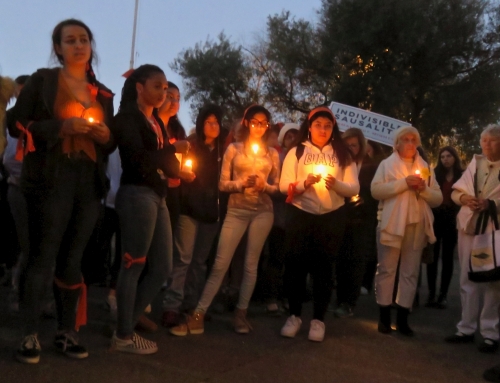On February 24th the war against Ukraine would be a year old. It is not a celebration. More than 15,000 Ukrainian civilian casualties have been recorded since the beginning of this war, among whom are the old and children, farmers and home makers, the healthy and the infirmed. I remember reading of the discovery of shallow mass graves as Russian soldiers fled from their entrenched positions in the towns and villages that dot the Ukrainian countryside, and I wondered at the inhumanity one person could perpetrate on another.
It occurred to me, on the basis of a long history of how we treat each other, that we are not too good at being human. We despise each other over matters of hygiene or mental health, skin colour or language differences, or social or economic status, and we justify our inhumanity as a personal right. And we encourage others to do the same by inventing a vocabulary of justification. “Pride” is called “standards”; “gracelessness” is called “responsibility”; and cruelty is called “it’s not personal”. Into the insanity of what we do, Jesus came – touching the ill, eating with the sinner, speaking with the outcast, comforting the widow. And despite the criticisms that He should know better than to consort with such, Jesus persisted to demonstrate what it meant to be truly human by rescuing us from our inhumanity. “If any man is in Christ,” Paul reminds us, “he is a new creation” (2 Corinthians 5:17). It would mean that inhumanity has no place in life of the follower of Christ. It would mean that the very act of being human is a demonstration of Christ’s power to transform. In a handful of days, this war in Ukraine will be a year old. May we as people of God take it as a sober reminder that inhumanity still persists. And it is given to us as the unremitting reminder to be as Christ in our world.






